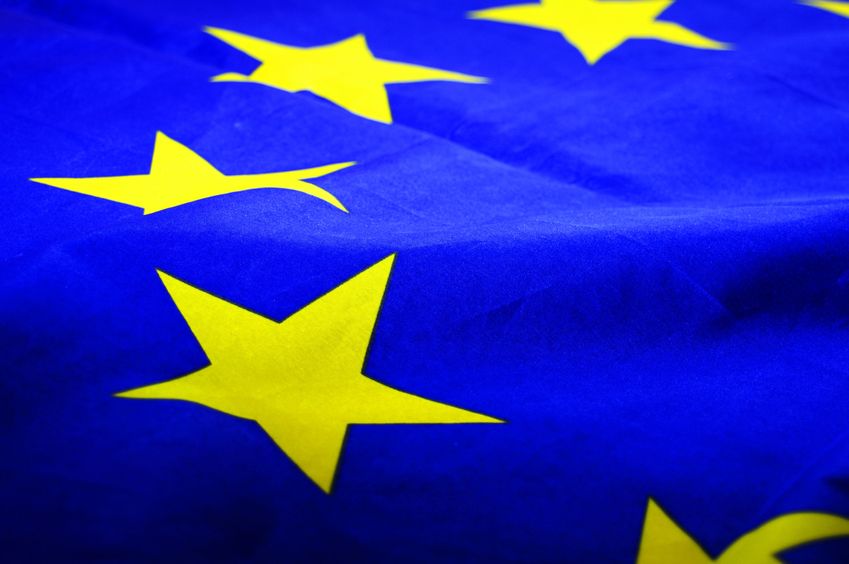The Member States are expected to have the first draft of their spending plans ready possibly as early as in October. The time of the national debate is now.
The world economy is at crossroads because of the COVID-19 shock. European companies face major market disruptions as a result. This must also be considered in the allocation of EU funding says Jyri Häkämies, the Director General of EK:
“It’s not only a matter of restoring the economy. Digital transformation and the carbon neutral future are challenges where Europe must lead the way. EU recovery funding must be used to ensure that Finland and the entire EU are stronger and more competitive than ever.”
EK’s proposal for the use of the EU recovery funds: 5 focus areas and 3 principles
According to the Finnish business, our target should be to ensure the national EU funding is the most effective mechanism possible for private investments, sustainable economic renewal and the future prosperity of the society as a whole. This will also improve the resilience of the national economy against any future crises. The EK proposes focusing investments on the following five areas:
1) renewable energy solutions, energy modernisation and infrastructure supporting these;
2) new technologies for industrial investments and low-carbon investments;
3) promoting digitalisation and the supporting infrastructure;
4) research, development and innovation; funding for sustainable growth and digitalisation; and
5) high-speed rail connections and other transport networks.
Three fundamental principles must be taken into account in the national spending of the funds:
- Enhancing economic renewal. We can combine economic reconstruction with investments in the future that support renewal. An obvious investment target is the implementation of low-carbon business road maps in Finland.
- Fair and open competition. Ensuring market-based and technology-neutral competition. EU state aid rules must be upheld. We must ensure that companies are able to participate in public procurement by other Member States on the basis of fair and equal rules.
- Cost-effectiveness. We need to manage the massive funding in a cost-effective manner. The funds must be allocated for major investments with significant impact instead of dispersing them into small isolated targets.
More detailed description of the 5 focus areas proposed by the EK
